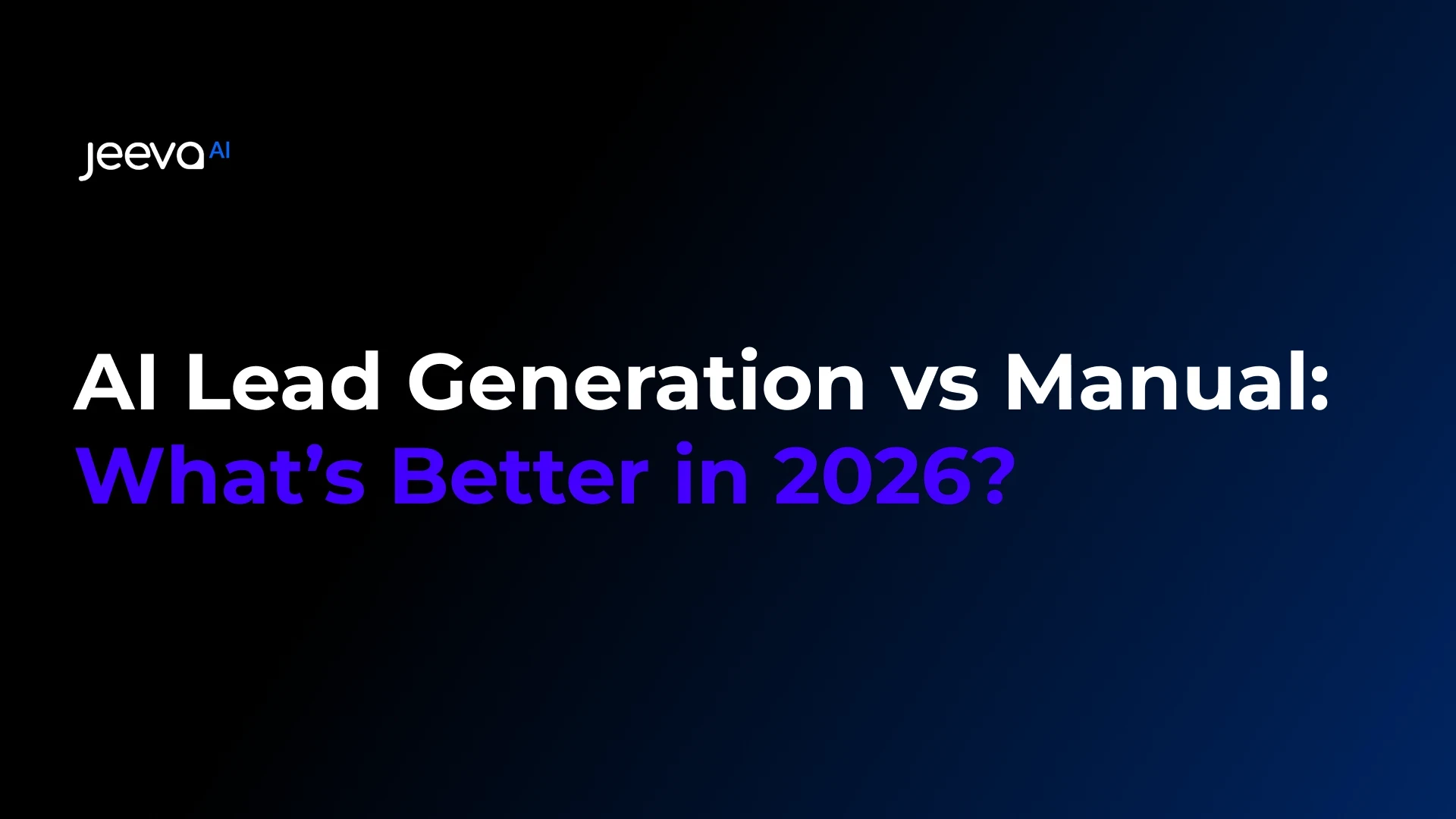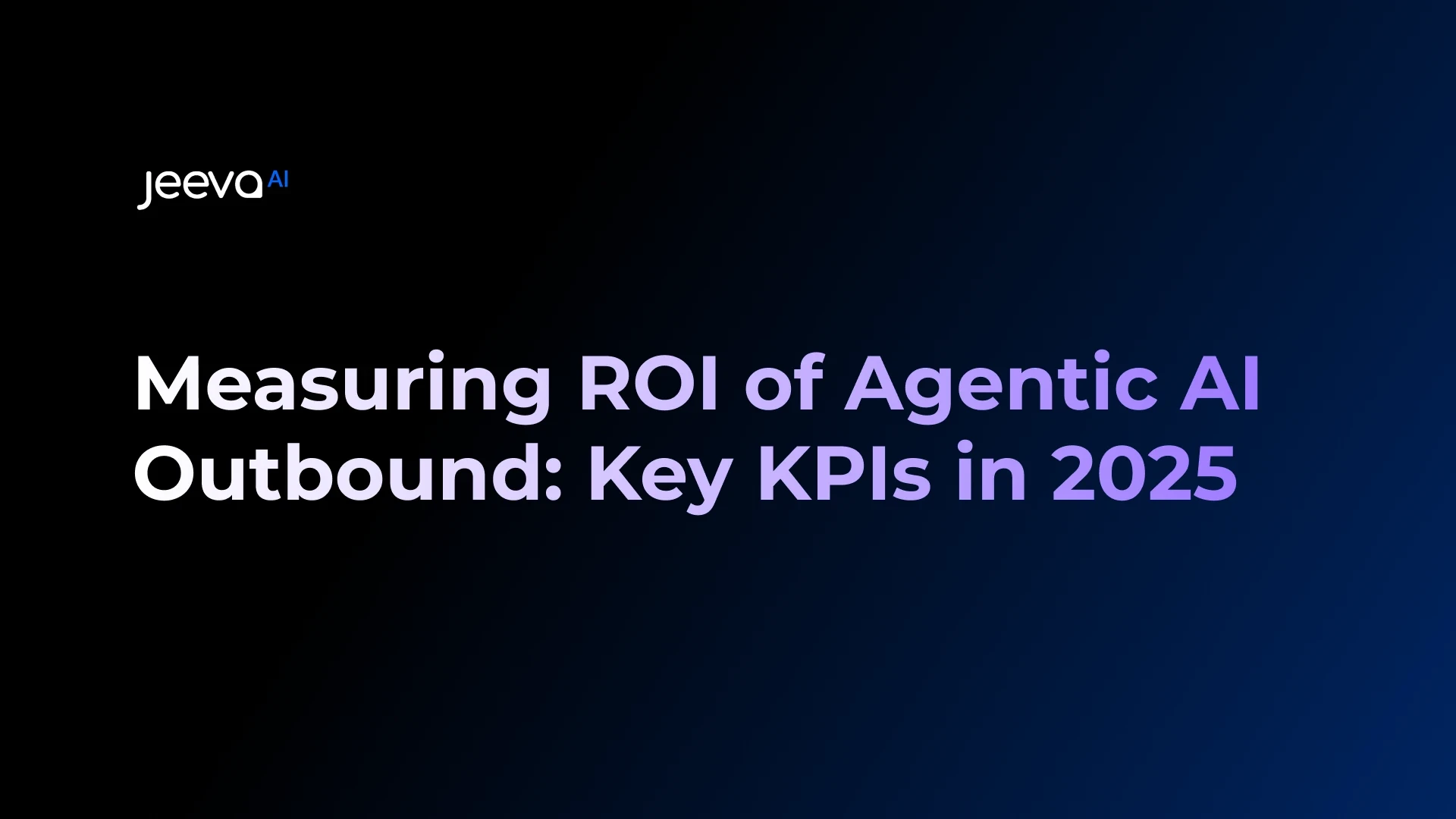Why Security and Compliance Matter for AI Sales Automation
With 80% of mid-market SaaS RFPs demanding SOC 2 Type II compliance, vendors lacking this attestation are often disqualified from enterprise deals. Meanwhile, the FTC crackdown on deceptive AI claims and tightening regulations like GDPR and the upcoming EU AI Act make security and compliance non-negotiable for autonomous AI sales agents.
These agents process massive prospect data sets and engage buyers automatically, exposing businesses to risks from data breaches, unlawful profiling, and AI hallucinations.
Why SOC 2 and GDPR Are Critical for Autonomous AI Sales Agents
Autonomous AI sales agents ingest, enrich, and outreach to millions of prospects in real-time, raising three major risk vectors:
Data Custody & Protection: Securely storing and processing sensitive prospect data while preventing unauthorized access.
Automated Decision Compliance: Ensuring profiling and AI-generated claims adhere to GDPR Article 22 and advertising laws.
Error Propagation: Minimizing compounding mistakes across multi-step AI workflows to reduce operational risk.
Implementing robust security guardrails aligned with SOC 2 Trust Services Criteria (TSC) and GDPR requirements ensures pipeline efficiency without sacrificing compliance or brand reputation.
SOC 2 Compliance in AI-Powered Sales Platforms
Understanding SOC 2 Trust Services Criteria (TSC):
Criterion | Relevance for AI Sales Agents | Example Controls |
Security | Protect systems from unauthorized access | SSO + MFA login; role-based access |
Availability | Ensure platform uptime meets SLAs | Multi-AZ cloud infrastructure; 99.9% SLA |
Processing Integrity | Guarantee valid, accurate CRM writes and emails | API idempotency; message queue checks |
Confidentiality | Encrypt prospect data and log access | AES-256 encryption; column-level RBAC |
Privacy | Align data use with declared purposes | Opt-out links; Data Retention policies |
SOC 2 Type II reports—demonstrating operating effectiveness over months—are essential for AI outreach platforms seeking enterprise trust.
GDPR Compliance Essentials for Autonomous Outreach
GDPR Article | Relevance | Jeeva AI Implementation |
Art. 6(1)(f) – Legitimate Interest | Lawful basis for B2B cold emails | Legitimate-interest assessments stored in DPIA |
Art. 13/14 – Transparency | Inform prospects how their data is used | Dynamic privacy notice links in email footers |
Art. 21 – Right to Object | Must honor opt-out requests immediately | Real-time global suppression list |
Art. 22 – Automated Decisions | Safeguards if profiling impacts prospects | Human review flags for high-impact cases |
Art. 30 – Records of Processing | Maintain data processing inventories | Automated data-mapping tools |
Conducting a Data Protection Impact Assessment (DPIA) is mandatory for large-scale profiling operations and helps mitigate privacy risks.
Preparing for the EU AI Act
The EU AI Act, effective February 2026, introduces a risk-based regulatory framework:
Sales-enablement AI is “limited-risk” but must ensure transparency, record-keeping, and human oversight.
Platforms must document model versions, training data, and prompt sets.
Supervisory user interfaces to pause or modify automated outreach sequences are required.
Early compliance positions vendors competitively and prevents costly last-minute redesigns.
Self-assessing under Annex III clarifies risk categorization and guides compliance readiness.
Security Controls Mapping: Aligning SOC 2 & GDPR with AI Risks
Risk | SOC 2 TSC Criterion | Mitigation Control | GDPR / AI Act Alignment |
Data breaches | Security | AES-256 encryption; quarterly penetration tests | Art. 32 – Security of processing |
Hallucinated claims | Processing Integrity | Retrieval-Augmented Generation + JSON schema | FTC rules on deceptive advertising |
Unlawful data retention | Privacy | Auto-purge non-converted leads after 90 days | Art. 5(1)(e) – Data minimization |
High bounce rates | Processing Integrity | Live SMTP & phone ping verification, <2% SLA | ePrivacy rules & deliverability best practices |
Ignored opt-outs | Confidentiality / Privacy | Timestamped global suppression list | Art. 21 – Right to object |
Vendor API risks | Security & Availability | Annual SOC 2 audit of enrichment data providers | Art. 28 – Processor contracts |
Malicious prompt abuse | Security | System prompt filters + Guardrails AI F-A-C-T framework | AI Act transparency & risk controls |
30-Day Compliance Blueprint for Autonomous AI Sales Agents
Week | Objective | Key Deliverables |
1 | Conduct SOC 2 & GDPR gap analysis | Risk register & asset inventory |
2 | Implement encryption & logging | KMS-enabled S3 storage, VPC flow logs |
3 | Draft DPIA & legitimate interest assessment | DPIA document signed by DPO |
4 | Pilot hallucination guardrails (JSON + RAG) | Hallucination detection report, go/no-go |
Investing $25K–40K in compliance tools and audits today avoids multi-million-dollar EU AI Act fines tomorrow.
Key Success Metrics
KPI | Target |
SOC 2 Type II audit status | Unqualified opinion |
Hard bounce rate | < 2% |
Spam complaint rate | < 0.1% |
GDPR opt-out suppression latency | ≤ 60 seconds |
Hallucination detection rate | ≥ 99% |
Data subject request turnaround | ≤ 30 days |
Frequently Asked Questions (FAQs)
Q1: Do I need both SOC 2 and ISO 27001 certifications?
SOC 2 Type II is the de facto standard for US enterprises, while ISO 27001 is often required in EMEA and APAC. Many SaaS vendors maintain both, but SOC 2 generally satisfies most security audits.
Q2: Is cold email legal under GDPR?
Yes, if you establish and document a legitimate interest, clearly connect value to the prospect, and provide an easy opt-out mechanism.
Q3: How often should penetration testing be performed?
Annual external penetration tests and quarterly internal vulnerability assessments are industry best practices aligned with SOC 2 expectations.
Q4: What if my AI sales agent is classified “high-risk” under the EU AI Act?
High-risk classification triggers stringent requirements such as human oversight, risk management, and CE marking—typically involving months of preparation.
Q5: Can I automate deletion of prospect data?
Yes, by implementing Time-to-Live (TTL) policies (e.g., 90 days post-campaign) and recording these in compliance documentation, you protect both privacy and deliverability.
Q6: Does Jeeva AI refund credits for bounced emails?
Yes. Jeeva’s < 2% hard bounce SLA ensures domain reputation protection and refunds credits for hard bounces.
Q7: Will compliance guardrails slow down message sending?
No. Thanks to efficient in-memory caching and parallel processing, latency impact per message is under 150 milliseconds—imperceptible to end users.
Final Thoughts
Security and compliance are foundational pillars for autonomous AI sales agents to operate at scale and win enterprise trust. Achieving SOC 2 Type II certification, embedding GDPR-aligned data practices, and proactively preparing for the EU AI Act transforms compliance from a burden into a competitive advantage—unlocking access to larger deals, faster procurement, and sustainable growth.





